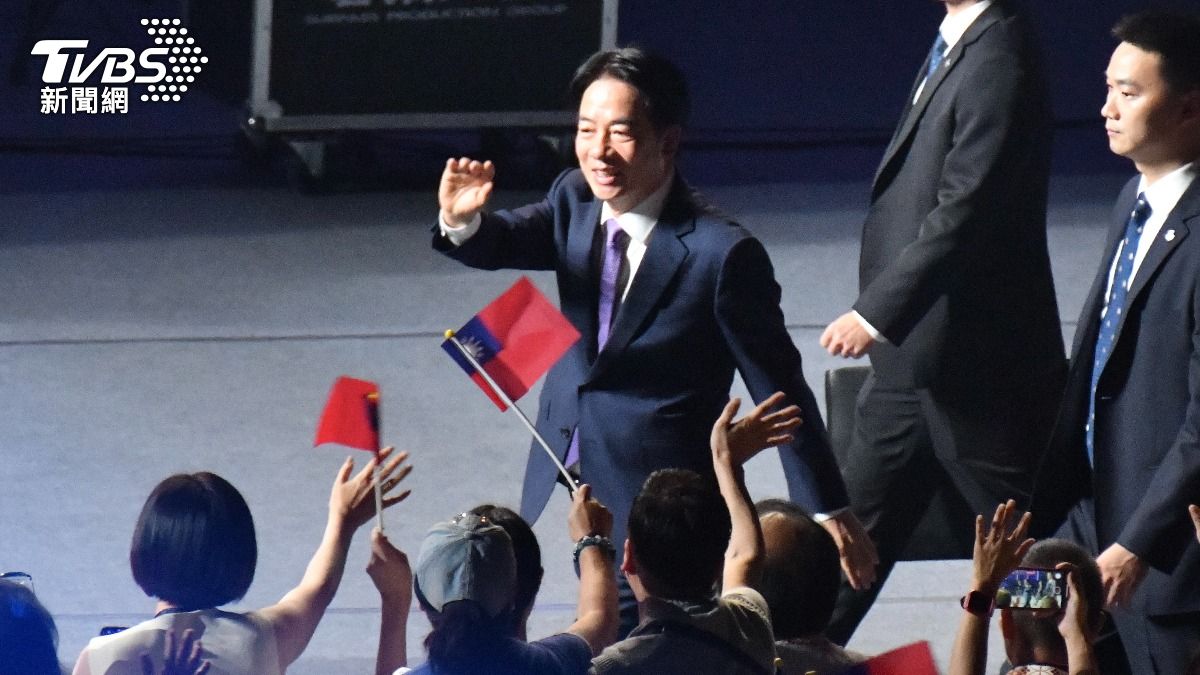TAIPEI (TVBS News) — The head of Taiwan's National Security Bureau (NSB, 國安局) warned on Wednesday (Oct. 16) that while normal cultural exchanges are respected, China packages cultural issues to propagate its political ideology as part of its cultural united front tactics.
NSB Director-General Tsai Ming-yen (蔡明彥) addressed these concerns during a session at the Legislative Yuan's Foreign and National Defense Committee (外交及國防委員會) earlier that day.
KMT Legislator Hsu Chiao-hsin (徐巧芯) questioned Tsai about cultural united front issues and whether he agreed with Legislative Speaker Han Kuo-yu's (韓國瑜) statement that "Chinese culture is our root" to which Tsai responded that the NSB is not suited to comment on politicians' remarks.
Hsu cited an NSB report highlighting China's diverse tactics that subtly influence Taiwanese youth, asking why Chinese culture is considered a united front tactic. Tsai clarified that the NSB refers to China's diverse tactics, stating, "I'm not saying that talking about Chinese culture is a kind of united front," differentiating between cultural exchange and united front activities.
Hsu further inquired if cultural events like the Mazu pilgrimage, S.H.E's "Chinese" song (中國話), and Jay Chou's "Chinese Herbal Manual" (本草綱目) song are united front tactics.
Tsai emphasized distinguishing between cultural activities and united front tactics. On the video game "Black Myth: Wukong" (黑神話:悟空), Tsai noted respect for the gaming authority's classification but acknowledged controversial messaging post-release as united front activities.
Democratic Progressive Party (DPP, 民進黨) Legislator Wu Li-hua (伍麗華) raised concerns about China using minority exchanges to invite Indigenous youth to the mainland, potentially compromising personal data and purchasing land near military sites.
Tsai assured that the Ministry of the Interior (MOI, 內政部) reviews Chinese investments in real estate, with the NSB focusing on buyers' backgrounds and proximity to military facilities.



